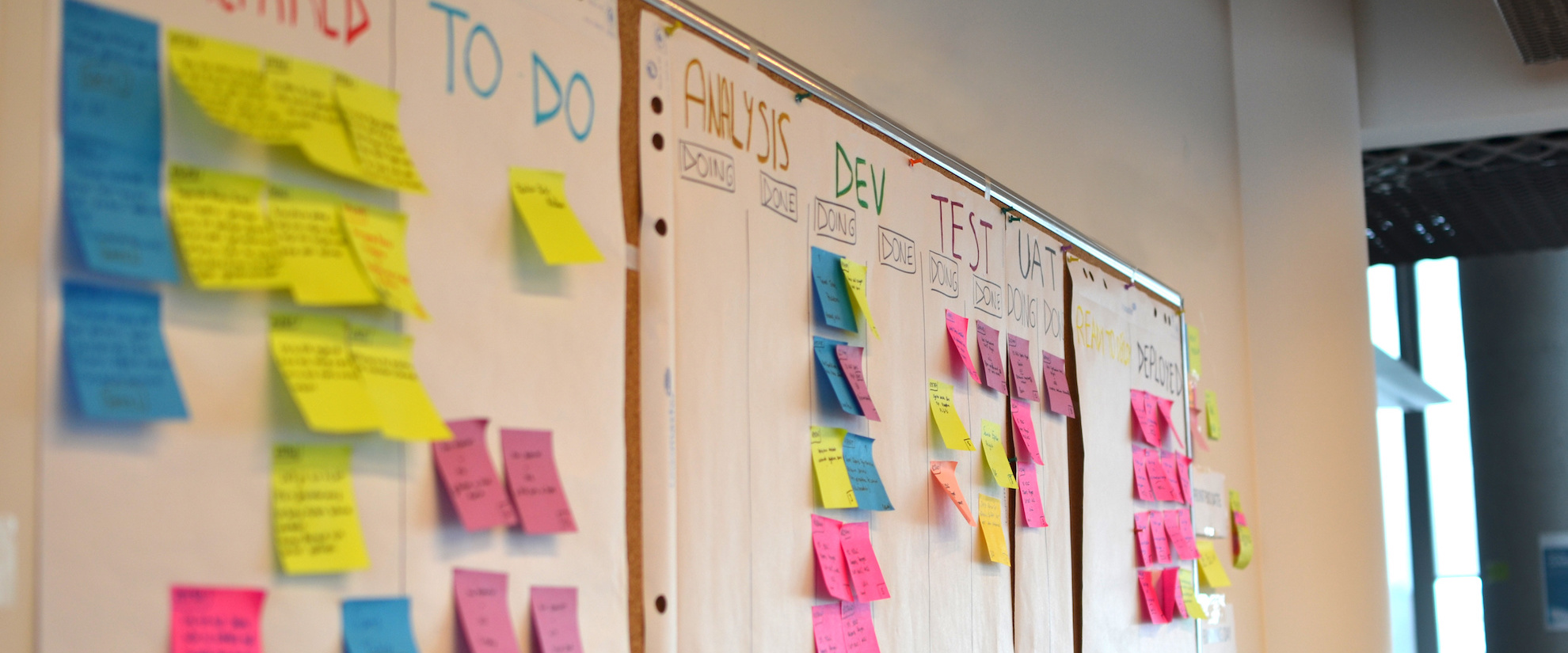Back from the Brink: How Hoshin Kanri Helped a Struggling Client During SARS-Part 1
24 Jun, 2020 | By leslie@leanexpansion.ca

As a Toronto business consultant who specializes in Hoshin Kanri (policy deployment), I work with corporations across North America. Organizations turn to business consulting for various reasons. One of the most popular is when they can’t reach major milestones. Somehow there never seems to be enough time, enough money, or enough personnel. Sound familiar?
One of the reasons goal reaching can be a challenge is that time and resources are being diverted to less significant tasks. These goals are often smaller, easier to accomplish, so getting them out of the way seems to make sense, right? Wrong.
While day-to-day operations are important, it’s vital to be selective about allocating resources. The solution is Hoshin Kanri (policy deployment), a method I’ve specialized in for more than 20 years.
As a results-based approach, Hoshin Kanri encourages organizations to develop a fast and flexible workflow that prioritizes high-value work—those tasks that serve to advance major objectives. The objective is to drive progress at every level of the company. As a business consultant, my purpose is to identify major goals and then provide strategies on how to leverage team capacity and capability.
Back In 2003, I’d just taken on a new client. I’d moved from consulting with a prominent, multi-million-dollar product manufacturer that enjoys a high market share and double-digit profit margins to a client whose profits were razor-thin in a market that was like dancing on quicksand. Everything was shifting all the time.
My challenge? The manufacturing plant was under constant threat of shutdown. Layoffs had plagued the organization for years, and the threat of the next one is always looming.
Calling the situation overwhelming was a remarkable understatement. It was hard to know where to start. At times like this, I LEAN on my training. Pun intended. After years of being guided, cajoled, and scolded by some of Japan’s leading Lean Management senseis (teachers), I’ve learned to faithfully follow a proven 3-step process:
- Make a plan
- Go to work
- Learn and adapt
The first plan wasn’t perfect. Goals were well below the benchmark. I argued with the client about how to measure success. There’s wasn’t enough data to prove our theories. Decisions were made, even though we knew they could be wrong. We did our best and moved forward.
Major financial decisions didn’t take months or years, like some budget processes. We did it in days or weeks, knowing action and learning would sort itself out. Everyone had a game plan. Those with a role that contributed to major overarching goals, stuck faithfully to the roadmap we’d created. Everyone else attended to day-to-day operations, but did not interfere.
Gradually, things began to improve. We found brilliant solutions to keep jobs safe and employees focussed—ideas that were often overlooked in the past. We also formulated a contingency plan should disaster hit. Next, we established a schedule of weekly meetings and follow-ups based on significant issues and goals. Important matters might be the focus of 2-3 meetings per month while issues that were important but not urgent were scheduled less frequently but regularly.
We were able to move out of crisis mode and gain some measure of success. Yes, there were still fires, but now there was the impetus of a daily routine. Team members saw hope and were feeling better. Then the unthinkable happened.
SARS Comes to Toronto
It was 2003. A new illness was being discussed on the news. Like COVID-19, it began half way around the world and triggered mass economic turmoil by disrupting supply chains. Our initial reaction was to ramp-up manufacturing lines to try and fill the void—but suddenly SARS was in Toronto. People were dying. Fear and uncertainly had taken hold.
No one knew how to curtail the spread of the disease. Interventions were not well-understood, and things got worse. There were stories of families falling ill shortly after funerals for those who succumbed to the illness. Public gatherings were curtailed. Clearing your throat or sniffling in public got you eyeballed.
As a young business consultant navigating an organization’s survival, all plans were suddenly askew. This was a challenge you don’t learn about in university, and our client was still far from secure. It was important to come up with solutions—fast.
Business Consulting in Toronto
Today, many businesses are grappling with similar circumstances. COVID-19 has disrupted the regular flow of business, presenting challenges even for organizations that are strong and prosperous.
In part 2 of our blog, we’ll look at how Hoshin Kanri worked to help our client navigate the crisis. Spoiler—happy endings ahead. If your organization is facing serious challenges due to COVID-19, it’s important to have a plan. Business consulting can help.
Schedule a complimentary consultation to discuss your challenges with Toronto Business Consultant Leslie Barker at 416.528.7990 or email leslie@leanexpansion.ca



